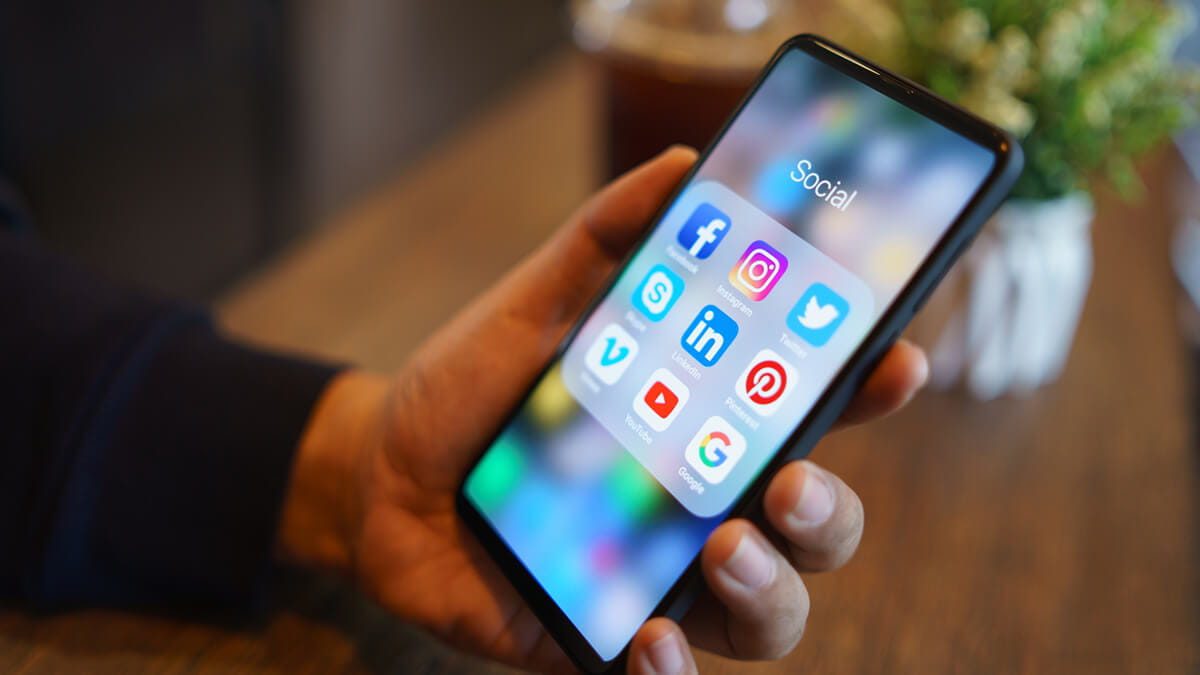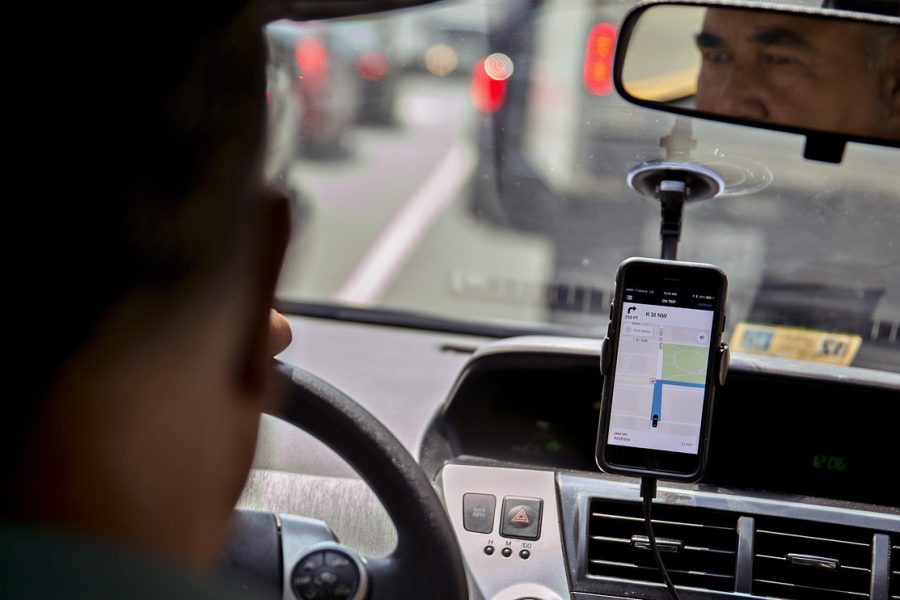
Social media is the new way to connect with family and friends. We also use it to learn new things, keep in touch with what is happening around us, or even just to express our thoughts and feelings. It has become a vital tool in our daily life. But beyond these positives lies an ugly truth—social media can be used against us. Sharing too much information on social media during your personal injury lawsuit can detrimentally affect your case.
All public social media posts can be openly searched and viewed by anyone online, including the insurance company and their lawyers. What you share can place your credibility into question. For example, if you were injured in a car accident and claiming that you can no longer exercise due to the accident, posting videos or photographs of yourself at the gym will look suspicious. Likewise, if you were involved in a “he said/she said” car accident, posting about the details of the accident that may contradict your statement to the insurance company will be used against you.
Finally, even a “private” social media account may not truly be private. A Judge may allow access to your social media account, meaning the insurance company and their lawyers can potentially access your private posts, messages, and activities. Uncovering harmful information will be used against you in your case and will ultimately affect the overall value of your claim.
So, what are the best social media practices to follow during your personal injury lawsuit?
-
- Think before you click. Resist the urge to share information about your accident or message anyone with details about your accident or lawsuit.
- Be cautious in dealing with people. Remind your inner circle not to post anything about your accident and conduct a background check of any new friend requests. It’s best to check their previous posts or mutual friend/connections before adding them to your friends list. When in doubt, do not accept a stranger’s request.
- Check your privacy settings. Facebook, Instagram, and other social media platforms allow us control of our audience. Set your privacy settings to “private” for past, present, and future posts. Personal information such as your phone number and email address can be set to “only me”.
The fear surrounding social media use continues even after your lawsuit is done. When you settle your case, you will often sign something with the insurance company agreeing that you will not share the terms of your settlement with anyone. This also means you cannot post the details surrounding your settlement or the amount of your settlement on social media.
Overall, it is best to entirely avoid social media use during your personal injury case. However, if you choose to continue utilizing social media, it is best to follow the above practices to ensure that your social media posts will not detrimentally affect your case.



